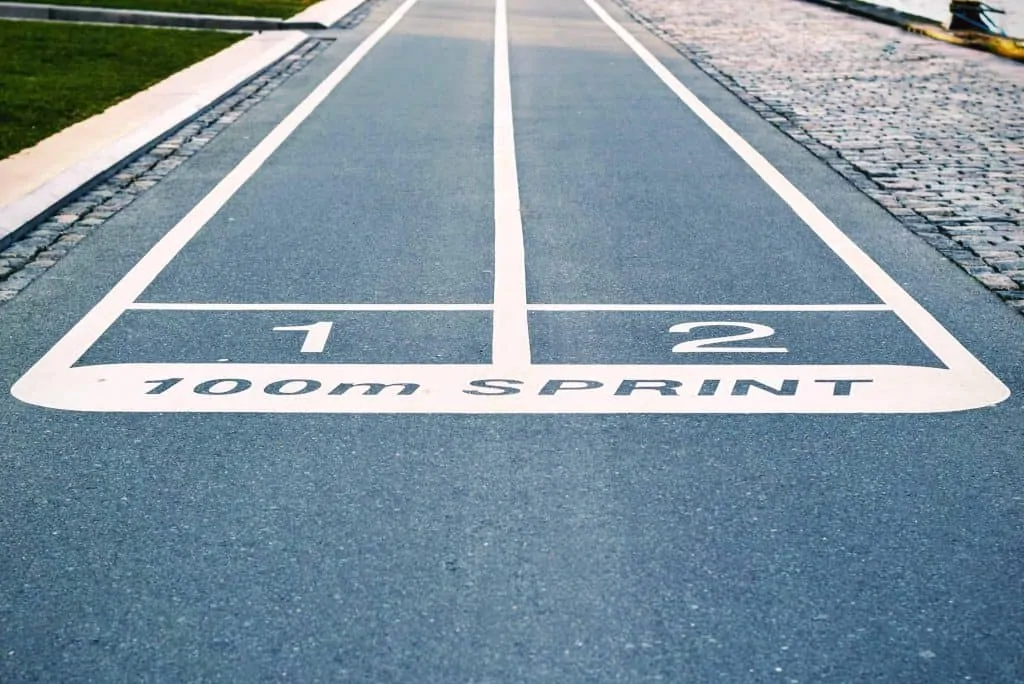In this article, I am going to show you ten frequent on-page SEO mistakes that you should avoid. You will learn why they are bad for your SEO, and hopefully, you can determine what aspects you need to improve to perform well in search engines.
Table of Contents
1. Unoptimized Images
Uploading too many uncompressed images can slow a website down. Hefty file sizes put unnecessary weight to the page, increasing in loading times. Since speed is one of the ranking factors for search engines, this issue certainly leads to poor SEO performance.
Instead, you can optimize the images to preserve their quality and drastically reduce their file size.
2. Missing Alt Text
Often times, people don’t leave alt text when uploading images for their content. They might think it is an unnecessary process and only adds more workload.
It turns out, web crawlers will inspect whether you have alt text or not. They use it to grasp the context of the picture so they can index it more properly. Furthermore, you can use alt text to optimize your keywords if possible.
What’s more, alt text is really useful for visually impaired or blind people. Their screen readers will read it to them so they can understand what the image is depicting. If your page doesn’t provide this information, they will consider going elsewhere, meaning that your bounce rate will increase, harming SEO as a result.
3. Lack of Meta Descriptions
A meta description is a brief piece of information, usually two to three sentences, under your page title that acts as a preview for that content. It may not directly affect SEO, but it may very well have a huge impact on your click-through rate.
Sadly, there is still a considerable percentage of site owners who leave meta descriptions empty. Consequently, they can’t attract off-site readers to visit the website, thus decreasing their chance of getting higher traffic.
4. Duplicate Content
Duplicate content is one of the reasons why a page can’t perform better in search engines. If there are similar pieces of information under different URLs, they might not be able to decide which page to rank for. What’s worse, your posts may compete with each other.
To solve this problem, you can use a tool like Siteliner that will search for duplicate content on your website. Once you find sections that are the same, you have the option to delete the redundant posts or choose the canonical URL. This is to make sure you have one unique copy that will be shown on the search results page.
5. Incorrect Headings
Headings help to create better text structure and help your readers navigate through your content. That way, they will easily find the desired information and understand your article better.
Without proper headings, the whole piece will be less enjoyable to read. People can’t separate the information flow, and it quickly becomes unpleasant for the eyes. This kind of poor user experience weakens your page ranking.
While Google or Bing don’t emphasize on header text as much as they used to, they still consider the quality of your post. If it leaves a bad impression for its readers’, search engines have no reason to place you at a higher rank.
6. Broken Links
Broken internal or external links can damage your website. First, you will lose credibility with your customers. If you leave links that are no longer available, they might deem your website as a low-quality product.
Second of all, too many broken links will harm your ranking algorithm. They can prevent web crawlers from indexing your site thoroughly, making all other SEO optimizations become useless.
7. Incorrect Anchor Text
Anchor text is a clickable word or phrase that directs readers to another page. Although it looks simple to implement, many people still use it incorrectly, which can badly affect SEO.
Generic and even wrong anchor text is common. For example, words like “click here” or “this site”. Some people even use whole sentences! Since it doesn’t exactly clarify the purpose of the URL, search engines might not find it useful and disregard it altogether.
Furthermore, many site owners leave a link in an unnatural way. They put it wherever they want without giving any context whatsoever. Search engines might consider it as spam making a website lose trust from its readers.
8. Unresponsive design
Having a responsive design for mobile devices is a crucial step in establishing a perfect website. However, a lot of webmasters don’t optimize their page to perform better on smaller screens. It’s often slow, not intuitive and sometimes even unusable.
They might lose millions of potential customers if smartphones and tablet users decide to pick another page that is more compatible with their devices. You don’t want that to happen to you, do you?
9. Insufficient Content Length
A recent study shows that websites found on the first page of search results commonly have more word count. It just proves that more in-depth content will help you rank higher because it provides more useful information to the readers.
Shorter posts and articles often fail to provide all of the necessary information to their readers. Therefore, search engines can interpret the page as unhelpful and won’t rank it higher.
That being said, you should provide only the necessary information. Never cram your content with useless words just to make it longer. After all, quality is more important than quantity.
10. Keyword Stuffing
Taking the first position in SERP is the dream of every website owner. Unfortunately, they often choose the wrong way of trying to achieve it. One of them is keyword stuffing, which means putting an excessive amount of the same keyword on your page to make it rank higher.
However, search engines are now able to detect this kind of behavior. In summary, enter your relevant keywords appropriately.
Conclusion
SEO is a broad and complicated field. Therefore, it is understandable when people make mistakes while learning and implementing it.
By reading this article, I hope you can avoid making these common missteps and build a website that skyrockets to the top of the search engine results!










